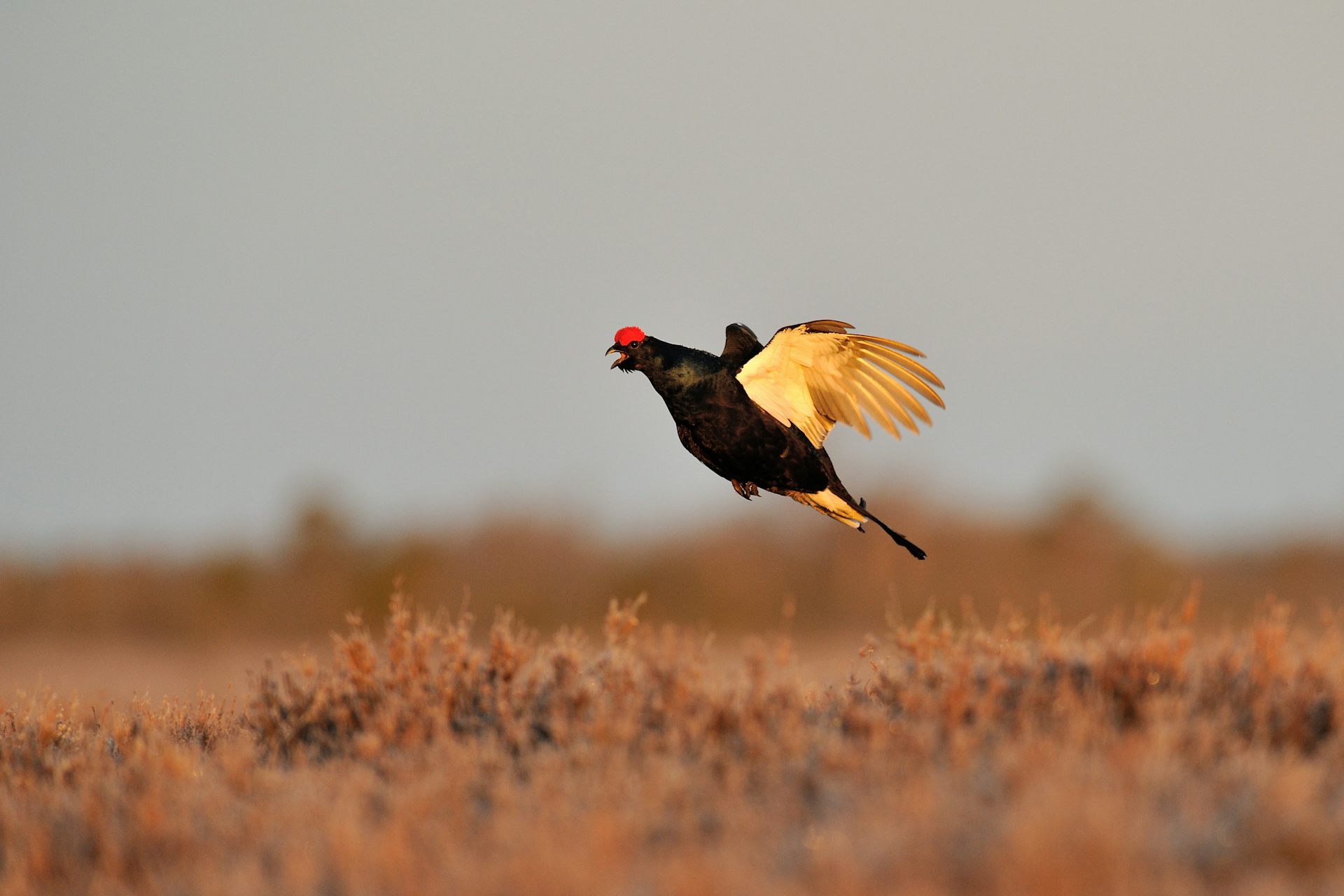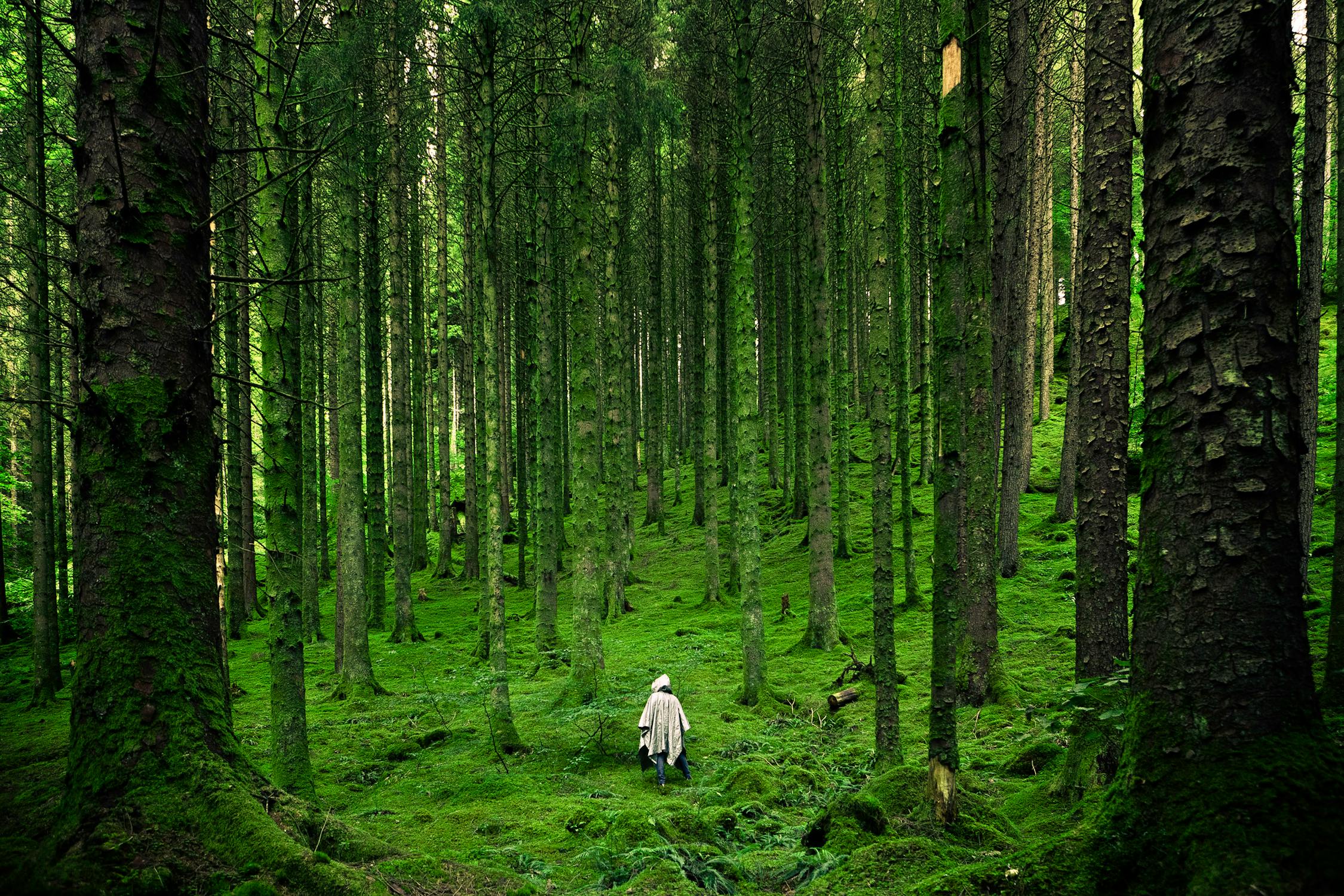A new study led by Marshall University researcher M. Jeremiah Matson found that environmental conditions affect the stability of the severe acute respiratory syndrome coronavirus 2 (SARS-CoV-2) in human nasal mucus and sputum. Matson, the lead author on a study published earlier this month as an early release in Emerging Infectious Diseases, the journal of the...
environment
Cash Me Outside: Transfers to the Poor Linked to Eco-Benefits
In a new study, researchers recently discovered that Indonesia’s national anti-poverty program reduced deforestation by about 30%. The study’s findings were published in Science Advances. “Two of the great global challenges of the 21st century are to reduce poverty and slow deforestation. Unfortunately, the solutions to those challenges are often perceived as conflicting with each...
Rewilding: Rare Birds Return When Livestock Grazing Has Stopped
After a particularly long week of computer based work on my PhD, all I wanted was to hike somewhere exciting with a rich wildlife. A friend commiserated with me – I was based at Newcastle University at the time, and this particular friend wasn’t keen on the UK’s wilderness, its moorlands and bare uplands, compared...
Climate Change’s Toll on Freshwater Fish: A New Database for Science
Scientists have created a new database to help track the impacts of climate change on fish living in rivers, lakes and other inland waters throughout the world. The Fish and Climate Change Database — or FiCli (pronounced “fick-lee”) — is a searchable directory of peer-reviewed journal publications that describe projected or documented effects of climate change on...
A Europe Covered in Grasslands or Forests: Innovation and Research on Climate Models
Forestation is one of the main strategies recommended by the scientific community for climate change mitigation. But, would a European continent completely covered in forests be any cooler than one without forests? Asking these kinds of questions is fundamental to developing an understanding of the real effects of solutions that have been recommended by the...
Red Coral Effectively Recovers in Mediterranean Protected Areas
Protection measures of the Marine Protected Areas have enable red coral colonies (Corallium rubrum) to recover partially in the Mediterranean Sea, reaching health levels similar to those of the 1980s in Catalonia and of the 1960s in the Ligurian Sea (Northwestern Italy). This according to a recent study carried out by researchers from the Institute...
Save the Giants, Save the Planet
Habitat loss, hunting, logging and climate change have put many of the world’s most charismatic species at risk. A new study, led by the University of Arizona, has found that not only are larger plants and animals at higher risk of extinction, but their loss would fundamentally degrade life on earth. The study, published in...
New Global Biodiversity Study Provides Unified Map of Life on Land and in the Ocean
New research led by the Monterey Bay Aquarium and partner organizations yielded the first comprehensive global biodiversity map documenting the distribution of life both on land and in the ocean. The study published today in PLOS ONE offers the most complete picture available of where life occurs on Earth and what the most critical environmental factors are...
Colossal Oysters Have Disappeared from Florida’s ‘Most Pristine’ Coastlines
Hundreds of years ago, colossal oysters were commonplace across much of Florida’s northern Gulf Coast. Today, those oysters have disappeared, leaving behind a new generation roughly a third smaller – a massive decline that continues to have both economic and environmental impacts on a region considered by many to be the last remaining unspoiled coastlines...
Conflict Between Ranchers and Wildlife Intensifies as Climate Change Worsens in Chile
Scientists from the University of La Serena, Newcastle University, UK, and the Pontifical Catholic University of Chile surveyed ranchers to find out what they thought were the drivers of conflict between people and guanacos (a wild camelid species closely related to the Llama). Ranchers blamed the increased aridity for reducing the availability of pasture, which...









